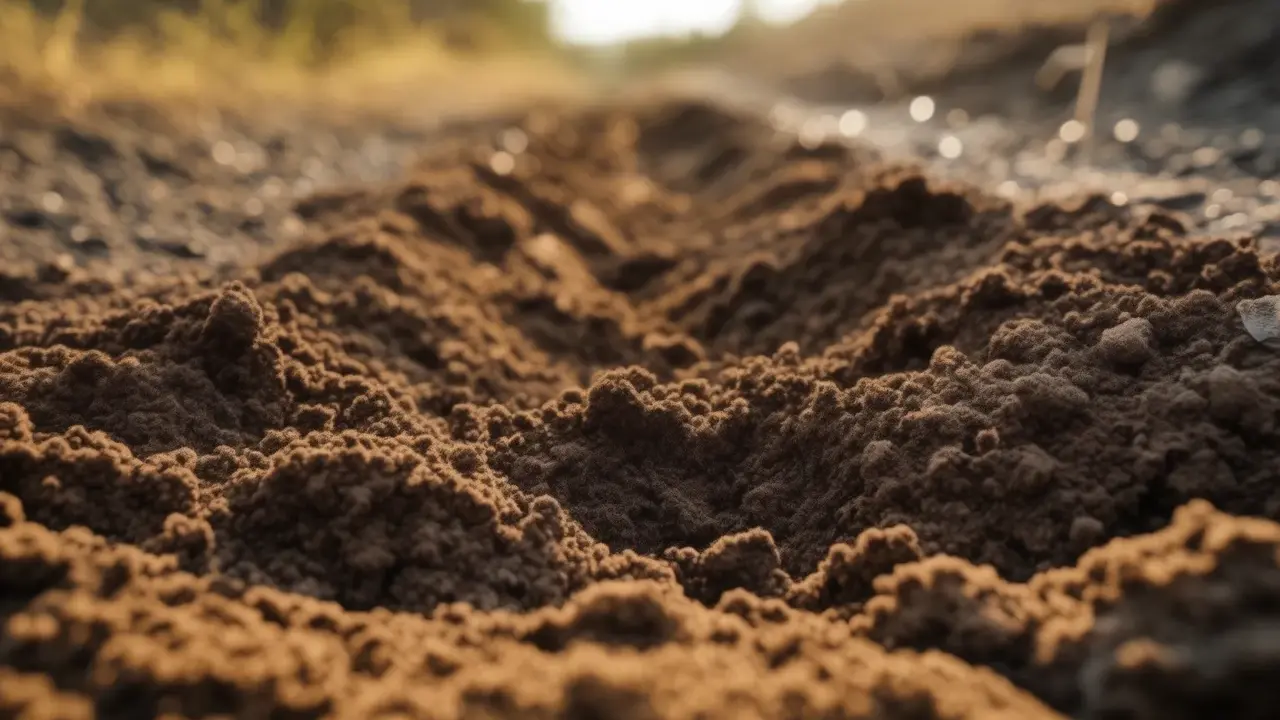Soil pollution caused by petroleum products and other chemicals is one of the main environmental problems. Scientists from the Kazan Scientific Center of the Russian Academy of Sciences investigated the ability of soil microorganisms to biodegrade xenobiotics – foreign substances, which made it possible to reduce the negative effects of these pollutants.
During the research, a strain of L. Fusiformis bacteria was isolated, which demonstrated its effectiveness in the decomposition of petroleum products. The MGMM7 type obtained from wheat roots actively breaks down crude oil and reduces its toxicity. Moreover, the experimental results showed that cress plants grew well in oil-polluted soil if this species was added.
Source: Ferra
I am a professional journalist and content creator with extensive experience writing for news websites. I currently work as an author at Gadget Onus, where I specialize in covering hot news topics. My written pieces have been published on some of the biggest media outlets around the world, including The Guardian and BBC News.










